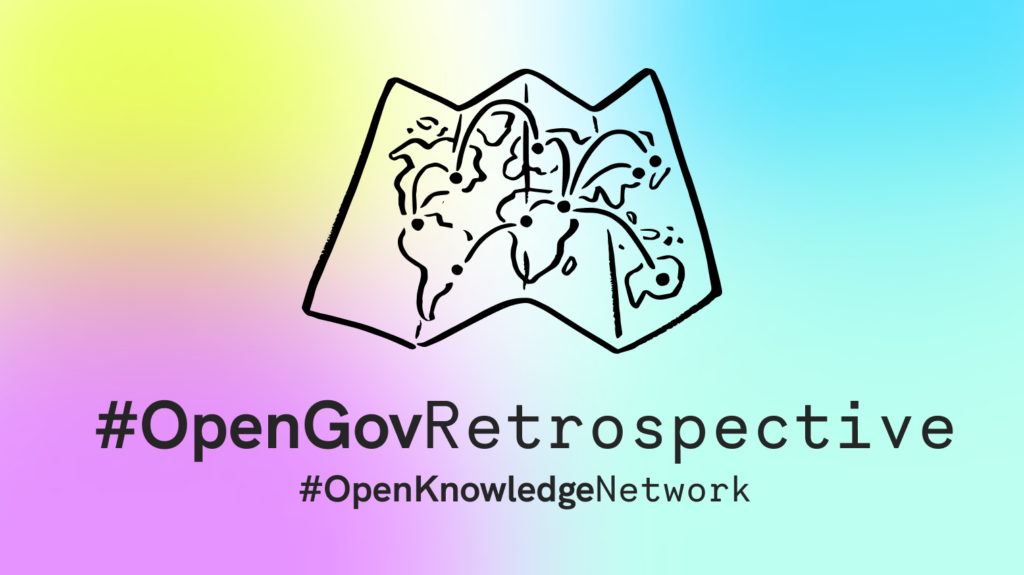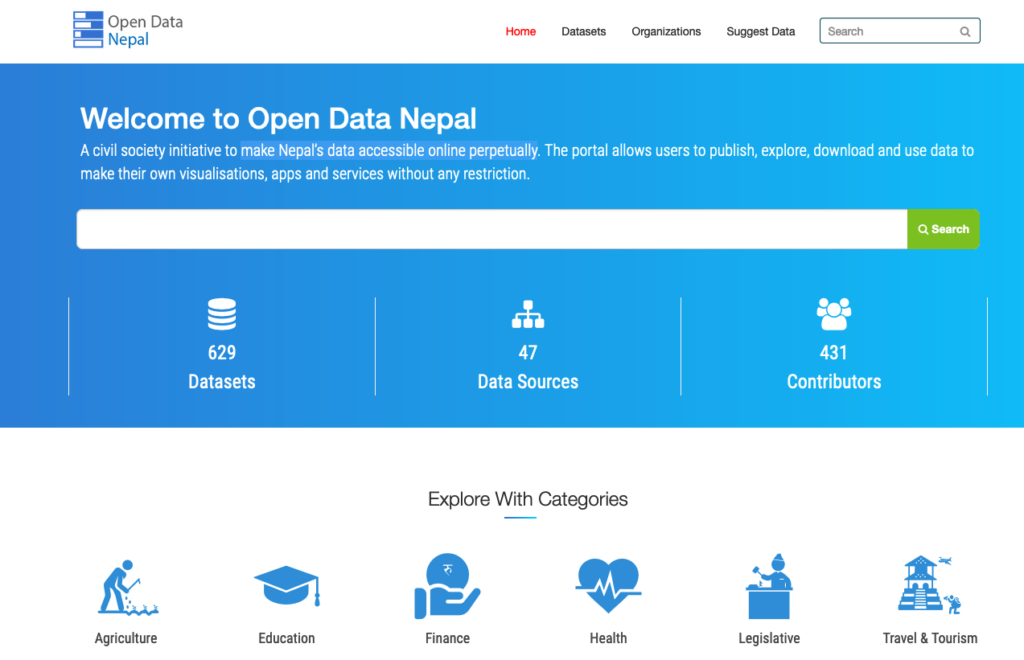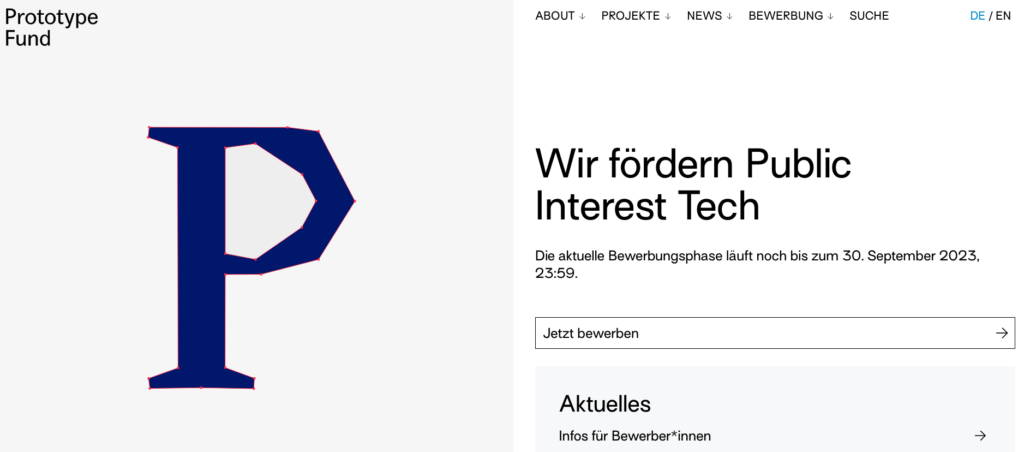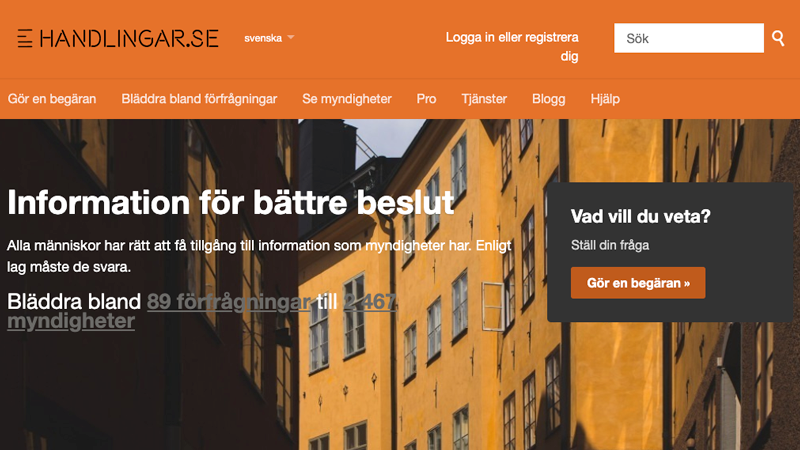Latest update: August 21, 2023

The Open Government Partnership (OGP) Global Summit 2023 is fast approaching. As we prepare to run an official side event, Open Knowledge Foundation has been reviewing all the open government projects we’ve launched or been involved with in recent years. As the projects list keeps growing, we decided to take some time to highlight a few of current and past projects/initiatives/activities of the Open Knowledge Network that are helping open governments around the world. Our Network members are the world’s ultimate local experts and influencers in open government, whose initiatives will certainly inspire you to carry out similar projects or to join forces in your country in the fight for transparency and accountability.
The Open Knowledge Network connects those in open movement across 40+ countries, enabling people and communities to take action and achieve local impact. The network uses advocacy, technology, and training to unlock information, to create and share knowledge. We also lead in-depth debates so that we collectively build a social infrastructure that integrates openness as a design principle in our democracies.
This retrospective is sorted by continent; bringing together the key projects from different countries where Open Knowledge has a presence.
If you are part of the Network and want to see your project featured here, please get in touch with network[at]okfn.org.
Stay tuned as we update and grow this list in the coming days (by following #OpenGovRetro on Twitter, Mastodon and Linkedin).
Ghana
Wiki-Green Conference is a two-day event that brings together climate and environmental activists, advocates, experts, academia and young people to discuss the adverse impact of climate change and environmental pollution on the rights and freedom of Ghanaians and how they can leverage the Wikimedia Projects to create awareness and search solutions.
The Wiki-Green Conference, through its focus on climate communication, content curation, making it inclusive by involving local language communities, and leveraging the Open Movement, indirectly contributes to the broader goal of opening up government. By facilitating dialogues among state and non-state actors – experts, practitioners, vulnerable communities, and volunteers – the conference creates a safe space for collaborative discussions on climate change and its impact on society.

Wiki-Green Conference
Climate change dialogues to bring governments closer to the people
Nepal
Open Data Nepal is a civil society initiative to make Nepal’s data accessible online perpetually. The portal allows users to publish, explore, download, and use data to make their own visualisations, apps, and services without any restriction. Data and Information play a crucial role in the whole process. Opening up official information can support technological innovation and economic growth by enabling third parties to develop new kinds of digital applications and services.
Open Data Nepal is powered by CKAN, an open-source tool for making open data portals. Currently, there are 629 published datasets at Open Data Nepal from 47 data sources by 431 contributors.

Open Data Nepal
Making Nepal’s data accessible online perpetually
Germany
The Prototype Fund supports socially relevant software projects and increases their sustainable impact by open sourcing as a principle. It makes digital-social innovation possible with developers that bring a wide range of skills in technology design. With up to 47,500 euros per project and team, the Prototype Fund supports software developers, hackers and creatives in building prototypes for tools and applications in the areas of civic tech, data literacy, IT security and software infrastructure.
In addition to financial support, It offers mentorship and coaching along the way and exchanges ideas with an extensive and diverse network of coders, practitioners, and potential users. To date, it has already spent 10 million euros on 248 projects (status: December 2021). The programme runs over a total of 16 funding rounds until 2024.
Sweden
Handlingar.se is an open and accessible public platform on the internet where anyone can ask Swedish authorities for public information. This is possible due to Sweden’s freedom of information law “Offentlighetsprincipen” which is the oldest FOI law in the world from 1766. We show and streamline how this law can work more efficiently in a digital world. Users have made thousands of requests since 2019 and have used the knowledge from the public information to inform themselves, communities and their projects or companies.
The project runs on mySociety’s Freedom of Information software, Alaveteli, open source and ready to be deployed anywhere in the world (find it on GitHub). There are around 30 platforms around the world that run similar platforms for Freedom of Information customized for their country and languages. You can read about the other platforms here.
Brazil
Querido Diário (“Dear Diary” – a witty wordplay in reference to the official gazettes in Portuguese) is an open-source project freeing official municipal records for 48 million people in Brazil (and counting!). The country has 5,570 cities with the autonomy to design and implement policies. Since there is no centralised place to look for their decision-making acts, the only reliable source of information is the official gazettes, primarily published in closed and unstructured formats. The manual work of analysing this mass of information is virtually impossible. To fill this data void, Open Knowledge Brasil created an infrastructure capable of collecting, processing, and openly making this information available.
The MVP of Querido Diário was launched in 2021 and has collected over 200,000 gazettes. Since then, Open Knowledge Brasil has started projects such as “Querido Diário at Universities”, “Technologies in Education”, and “Climate Diary”, bringing academics, journalists, and public managers to produce and interact with scientific research, journalistic articles, and public policies analysis based on this new massive source of information. Also, with over 1,000 people on Querido Diário’s discussion board and more than 100 contributors to its code, the project proves that community effort can overcome significant challenges.
(To be continued…)
If you want to know more about the Open Knowledge Network activities, and browse through the most important projects, have a look at the Project Repository. In addition, the Network identifies specialists of the open movement to be part of the Open Knowledge Global Directory: a curated and searchable database of people with different expertise areas and language spoken. Go to the Global Directory and remember you can request a specialist today!











